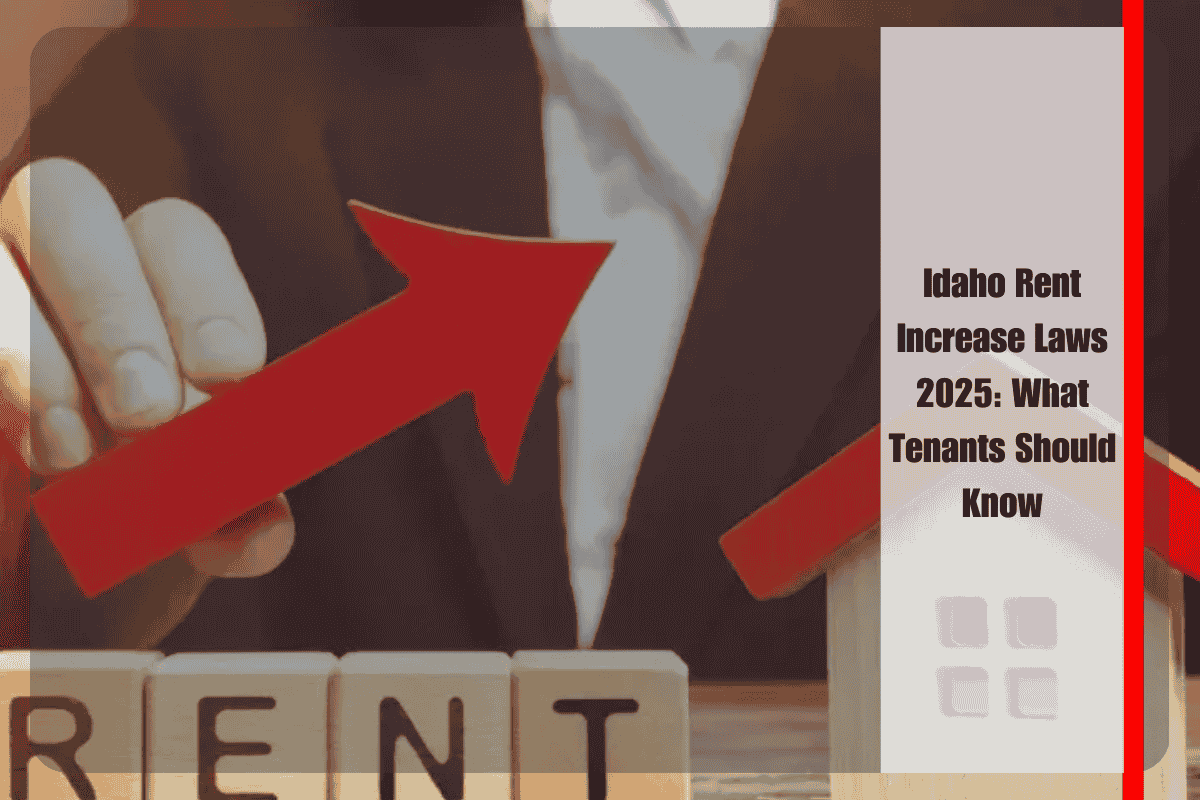In Idaho in 2025, there are no statewide rent control laws limiting the amount a landlord can increase rent. This means landlords have the legal freedom to raise rents by any amount, subject only to proper notice and adherence to lease terms. For tenants on month-to-month leases, landlords must give at least 30 days’ written notice before the rent increase takes effect. For those under fixed-term leases, rent generally cannot be increased until the lease expires, unless the lease itself includes provisions allowing for midterm adjustments.
While landlords can raise rents to reflect current market rates or increased costs such as property improvements and maintenance, rent increases cannot be discriminatory or retaliatory. For example, a landlord cannot hike rent because a tenant reported building code violations or requested repairs. Fair housing protections in Idaho prevent rent increases based on race, gender, religion, or family status.
The written notice provided by landlords must specify the new rent amount, the date the increase starts, and any changes to lease terms. Delivery of this notice must be in writing and can be given in person, by registered mail, or posted at the rental property if the tenant refuses receipt. This legal requirement ensures tenants have adequate time to prepare for the change or to consider alternative housing.
Although Idaho’s lack of rent control offers landlords flexibility, tenants should be aware it also means rent increases can sometimes be significant, especially in areas experiencing rising demand or gentrification. Some cities in Idaho, like Boise, have enacted rent control measures specifically for affordable housing units, but these are exceptions and apply only to select properties.
Tenants facing rent increases should carefully review their lease agreements and ensure the landlord adheres to the notice rules and does not violate any anti-discrimination laws. If a lease is fixed-term with no clause allowing midterm increases, any attempt to raise rent before the lease ends could be illegal. In contrast, month-to-month tenancies provide more frequent opportunities for rent increase subject to notice.
Idaho tenants in 2025 must expect that landlords can raise rent by any amount legally, provided they give appropriate written notice—typically 30 days for month-to-month leases—and respect lease terms and fair housing regulations. While the absence of rent caps offers landlords flexibility, it also underlines the importance for tenants to stay informed about their rights and monitor lease agreements closely during renewal negotiations.
Sources
[1] https://www.steadily.com/blog/how-much-can-a-landlord-raise-rent-in-idaho
[2] https://www.hemlane.com/resources/idaho-rent-control-laws/
[3] https://legislature.idaho.gov/wp-content/uploads/sessioninfo/2025/legislation/S1043.pdf
[4] https://www.doorloop.com/laws/idaho-landlord-tenant-rights
[5] https://legislature.idaho.gov/statutesrules/idstat/title55/t55ch3/sect55-307/












